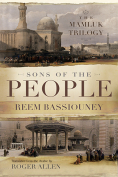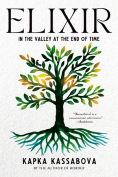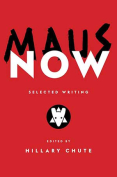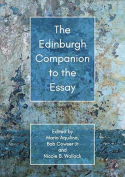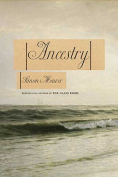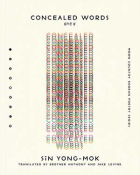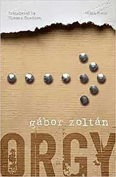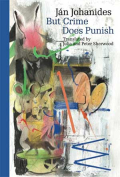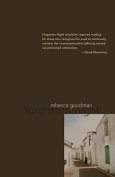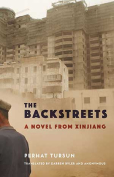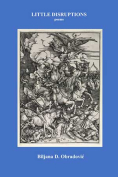Ancestry: A Novel by Simon Mawer
 New York. Other Press. 2022. 419 pages.
New York. Other Press. 2022. 419 pages.
Anyone who’s been to a large family gathering has heard memories turned into stories, stories in which the teller has enlarged on the known facts. We appreciate and tolerate the storytellers because without what they add, the memory would likely not stick in our minds and the story would fall flat. Hence the appeal of a novel in which the author presents the facts he has unearthed but regularly reminds the reader that he has had to create thoughts, dialogue, and actions that quite possibly did not occur. The reader is led to consent to his creations for the sake of the story.
Simon Mawer has shown a fondness for founding his fiction on historical events. His most acclaimed novel, The Glass Room (2009), focuses on the experiences of the Jewish upper class, represented by the character of an industrialist who flees with his family to Switzerland to escape Nazi expansion into his country. In Trapeze (2012), the experiences of female agents in Occupied France are memorialized through the fictional career of a woman sent to persuade a nuclear scientist to escape to England.
What’s different in Ancestry is the foregrounding of documented research and the narrative voice of the researcher. The voice is Mawer’s as he sorts through the available records and imagines the lives of his nineteenth-century ancestors. As titled, the book is a novel but built on the materials and personal involvement more characteristic of a memoir.
Just to remind us that Ancestry is a novel, in part 3, Mawer relates a family legend about one of his ancestors, a housemaid, who bore a child fathered by her employer. Then he creates three different stories to narrate how that might have occurred. Impressive is the fact that given the previous development of her character, each account is plausible.
The featured male ancestors seem typical: Abraham Block escapes poverty by becoming a seaman on freighters; George Mawer becomes a soldier in the “Queen’s Own” 50th Regiment. The few facts about their lives, drawn from various registries and newspapers, allow the author to enlarge, to develop life at sea and life in barracks and on the battlefield for Englishmen in the 1850s. Their lives are incorporated into the drama of history, often presented with grim humor.
The wives left behind, Naomi Lulham Block and Ann Scanlon Mawer, emerge as more interesting as they endure pregnancy, bear and raise children, and wait for news of their husbands. Because neither the shipping companies nor the army allowed for a portion of men’s wages to be designated for their wives, both women had to work to provide for their families, to avoid “becoming a burden” on the parish or having to move to a workhouse.
Though their stories are less dramatic and less documented, the women are more vivid for having to choose between hard options. Unlike their husbands, their lives are not made somewhat secure by regular rations, shelter, and those serving with them; their thoughts are not limited by automatic obedience to regulations, operational necessities, and orders from superiors. They have to fend for themselves; the author fends for them, lifting their lives out of obscurity. It seems appropriate that Mawer would dedicate the novel to these two wives, thus imagined, “who would otherwise be forgotten.”
The alternation between the dramatic history of sailors on ships or soldiers on the battlefield in Crimea, on one hand, and the strong characterizations of the wives in England, on the other, is quite engaging. It is a modern way of telling that preserves the balance of attention to both the individual and the environment or society that was so characteristic of the best realism of the nineteenth century.
W. M. Hagen
Oklahoma Baptist University


